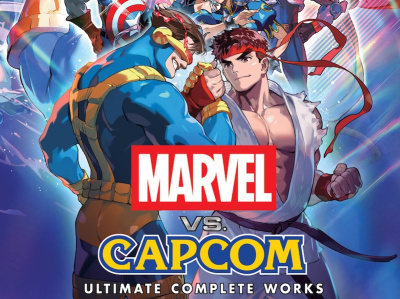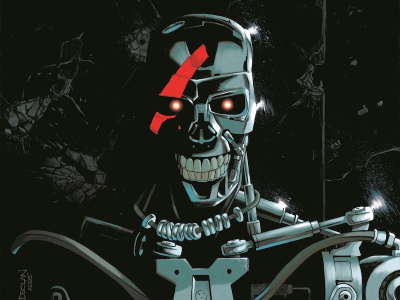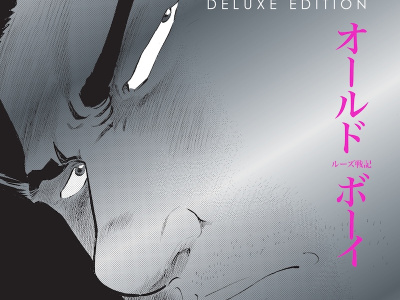Nick Smith of the Pasadena Public Library, in Pasadena, California read Ryan Dancey's commentary on the copyright proposals of Sweden’s Pirate Party (see "Ryan Dancey on Pirates and Copyrights") and takes issue with what was said:
I have to take issue with a few of the comments that Mr. Dancey made, in his commentary on copyright.
First, he states that, because patents are a 20-year protection, that there's no harm in making copyrights the same length. That is a serious case of apples and oranges. In the case of a patent, it's assumed that after 20 years, the technology being patented is no longer ahead of the technological curve, and is of limited value. In the case of an author or a composer, twenty years is far less than a creative lifespan. A 20-year cutoff on copyright length means that you're cutting off the already meager income stream for working authors and other creators, and creating what amounts to a 100% estate tax for their heirs, who will then get nothing, very quickly. One of my friends is the widow of a major author, and the vast majority of her income derives from managing her late husband's literary estate. Most of those works would be in the public domain, under Mr. Dancey's proposal, and her income would quickly tend toward zero.
Second, the "transformation" issue became a problem just a couple of decades ago. Before that, if you took a piece of music and altered it, say by adding lyrics to an existing instrumental tune, it was NOT the case that you could do it without paying royalties, but people tended to assume permission, as long as royalties were paid, and nobody complained much. Musicians tended to use public domain tunes and add words, though, to avoid paying royalties. In cases where little or no money was involved, generally nobody griped too much if it didn't get paid. What changed this was 2LiveCrew doing a version of an old Roy Orbison song, one which offended Orbison's family. This, along with the issue of sampling recent tunes to include in other tunes, dragged through the courts, which ended up ruling that derivative works must not only be compensated, but done with permission. This has affected everything from political ads to music performed at science fiction conventions, but it was done in order to protect the creative integrity of the original works, as much as the income of the creators.
The third is laughable. The idea that "the social good generated by removing the compulsion outweighs the individual income that is lost" is the freeloader's credo, and quickly leads to starving artists. Go to any concert where there is no entry fee, but instead a tip jar for the artists. The average donation, per person, is far less than what the gate would be at a ticketed event. This may be due of cheapskates, or because of lower perceived value due to the lack of a suggested price. On the other hand, if a minimum price is suggested, most attendees tend to give that or more. There is a social tendency to do what is suggested to be right, in this case, to pay a certain minimum amount, IF you know what it is. In commercial situations, that's called a price tag, which is what you pay if you don't steal the material... and sadly, that's really what it's all about. People stealing material via the internet, and not wanting to pay for it.
The fourth, the idea of a distribution tax, is at the heart of the matter. That already existed in the music world, in the tax on tapes and the royalties paid to performance rights organizations by live music venues. It's true that adding that same taxation to the internet and to digital recording media might create a pool of money, but how do you arrange the distribution of the monies collected? The model of BMI shows how that can go wrong, as it has taken decades to modify the payments so that any but the top musicians get a fair share. Deciding who GETS the money is the hard part.
The opinions expressed in this article are solely those of the writer, and do not necessarily reflect the views of the editorial staff of ICv2.com.
Posted by ICv2 on June 16, 2009 @ 11:00 pm CT
MORE GAMES
Marvel Art Books from Three Publishers
July 30, 2025
Three different publishers are offering Marvel-themed art books in coming months.
Adventure Set, Miniatures for ‘Evolved Edition’
July 30, 2025
Free League Publishing announced the Rapture Protocol Cinematic Adventure Set and Rapture Protocol Miniatures Set for the ALIEN RPG: Evolved Edition.
MORE COMICS
'Time Before Time' Co-Writers Reunite for New Series
July 30, 2025
McConville and Shalvey, who co-wrote the time-travel mystery Time Before Time, join forces for the next arc of The Terminator.
Eisner-Winning Manga Inspired Two Films
July 30, 2025
The manga, which won a 2007 Eisner Award, inspired both the 2003 film by Park Chan-wook and the 2013 remake by Spike Lee.







